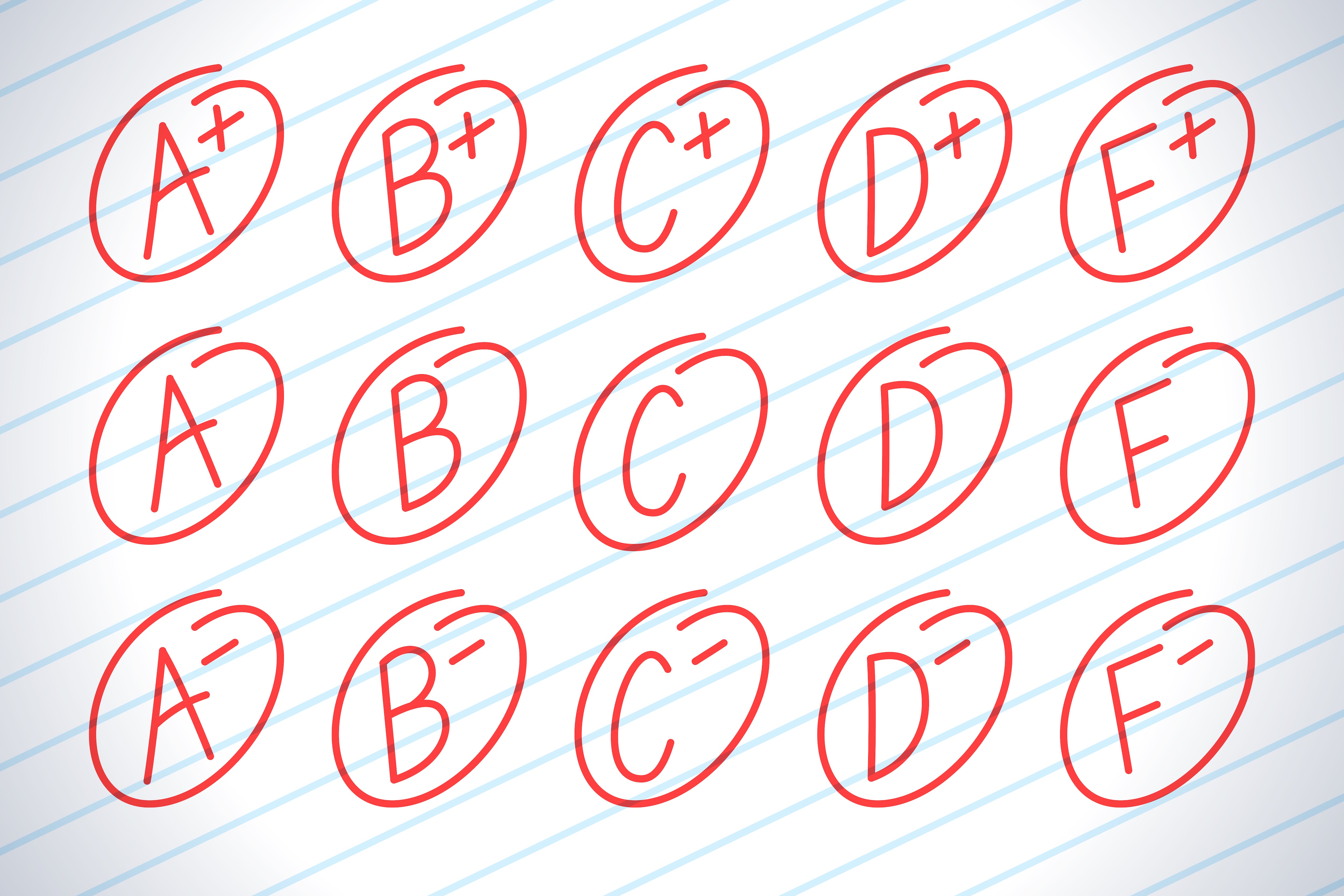Halfway into the school year, Michigan students are failing classes at higher rates, concerning educators who say it’s more evidence of the coronavirus’s disruption of learning.
About 20% of elementary and middle school students and up to 35% of high school students in the Detroit Public Schools Community District failed at least one class in the first quarter. Those rates are about twice the rates of the previous school year, according to district estimates.
Similar grading trends are emerging nationally. In Fairfax County Public Schools in Virginia, the percentage of middle and high school students earning F’s in at least two classes climbed to 11%, up five percentage points from last year. School districts in St. Paul and Salt Lake City are also seeing increases in failure rates.
To combat the problem in Michigan, school leaders are reconsidering their approaches to grades and assignments this school year. At least one district has eliminated failing grades and others might switch to pass/fail grading.
In Detroit, the district is creating an online learning task force that will study grades. Superintendent Nikolai Vitti has said reducing assignments is a potential way to address the problem. How much assignments could be reduced is unclear.
“This is what I would like the task force to weigh in on — to provide stronger balance and consistency across teachers, grade levels, and schools,” Vitti said.
Educators worry that failing grades can lead to more students getting held back a year, delays in graduation, more dropouts, and diminished college prospects and scholarship opportunities.
The demands and restrictions of online learning, like the lack of equipment and supervision, and the disruption of switching back and forth from in-person to online, all have hindered learning.
“It’s just this spiraling effect in terms of just trying to progress kids through a curriculum,” said Wendy Zdeb, the executive director of the Michigan Association of Secondary School Principals. She’s heard from many principals with concerns over failing grades this year.
The uptick in F’s points to students’ ongoing struggles with remote learning. Technical glitches and faulty devices have hampered some students’ ability to engage meaningfully in virtual lessons, leading to concerns over chronic absenteeism and low engagement.
Many teachers voiced frustration over feeling unprepared for the transition to online instruction. These challenges may disproportionately affect students of color, who were more likely to start the school year online than their white peers, an AP/Chalkbeat analysis found in September.
Yet no one-size-fits-all approach can tackle the issue of failing grades.
In recent weeks, Zdeb has worked with principals to rethink the way final exams are designed and what percentage exams constitute in a student’s final grades. She’s heard some schools have switched back to a pass/fail system, while others are allowing students to pick their class grades.
For this school year, Ann Arbor Public Schools modified their grading scale and eliminated F’s. The district changed grading because “the COVID-19 pandemic is creating inequitable circumstances for students to pursue their coursework and demonstrate their learning,” said district spokesperson Andrew Cluley.
In the case of high school students, those who earn a D+, D, or D- during the first and second semesters will get a G grade for credit. Those who get a no-credit mark may improve their grades after consulting a counselor. A G or no-credit mark will not affect a student’s grade-point average.
The Detroit school district reverted back to letter grades this school year, after using a pass/fail system in the spring. But since reverting back, there have been multiple complaints over grading. Last month, the district launched focus groups to elicit feedback from students, parents, and teachers.
Education advocate Sharon Kelso said her nephew received a failing grade in math in the first quarter at the School at Marygrove in the Detroit district. She heard from some parents during focus groups that their children are still struggling to navigate online platforms and upload assignments. Kelso said she also requested progress reports for her nephew’s math grade for this quarter, which ends Feb. 2, and hasn’t received any.
Earlier, she sent a letter to district officials asking them to go back to the pass/fail system.
With the disparities in access and teaching quality, she said, “Our kids are struggling. There’s no fair and equitable way to help them be successful to get a good grade.” Kelso believes students shouldn’t be penalized for the effects of the pandemic.
District students have said that they feel overwhelmed by the amount of homework assigned. The workload has discouraged them from completing their work.
Vitti said the district is considering having teachers reduce the number of assignments given and rethink grading. The task force may also provide other suggestions.
He has recommended that the district not switch back to a pass/fail system.
“I do not believe the solution is moving to a pass/fail system because students still ‘fail’ within a pass/fail structure,” he said. “It does send the wrong message to those students who are able and have been working hard to maintain high grades throughout online learning.”






